In a bold announcement before Congress, Robert F. Kennedy Jr. declared his goal of having every person in America use a wearable device within four years. Kennedy promised one of HHS’s greatest promotional efforts in history, intending to put smartwatches, activity trackers, and health monitors on the wrists of everyone in the country. According to Kennedy, these wearables are much more than just tech accessories. They enable individuals to take responsibility for their own health by monitoring their heart rates, glucose levels, sleeping habits, and physical activity.
RFK Jr.’s Push For Everyone to Wear a Wearable Device
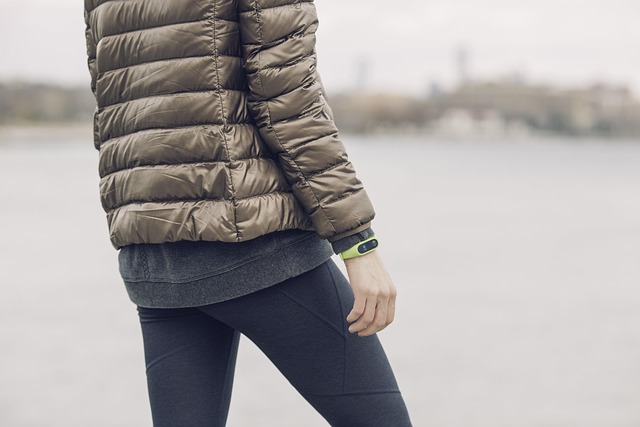
Kennedy offered a few personal stories of his friends who transformed their lives through continuous monitoring of glucose. He went on to say that these wearables as transformative and potentially life-saving. He added that they were particularly useful in the battle against chronic diseases such as obesity and diabetes. As Kennedy put it, “They can see, as you know, what food is doing to their glucose levels, their heart rates, and a number of other metrics as they eat it. and they can begin to make good judgments about their diet, about their physical activity, about the way that they live their lives.”
The Largest Campaign Of its Kind
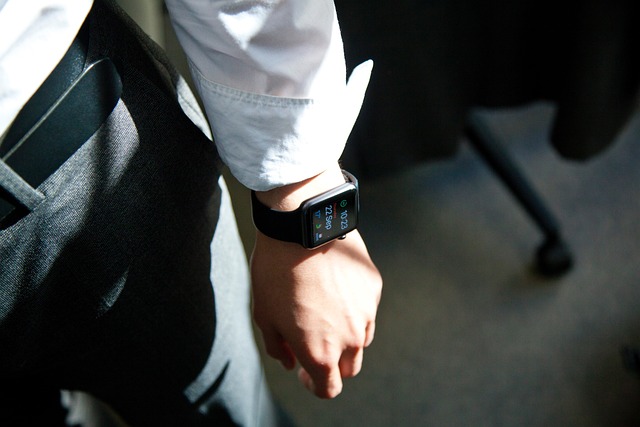
Kennedy compared the price of a wearable device with medications such as Ozempic. While a device would only cost around $80 to $300, medications such as Ozempic could cost a patient more than $1,000 per month. This campaign is expected to be the biggest of its type for HHS, with collaborations and backing from leading health-tech businesses and industry figures. Kennedy feels that this bold approach will allow people to make better decisions about their diets and lifestyles. He envisions a culture where Americans can get real-time feedback on the state of their health.
Widespread Messaging
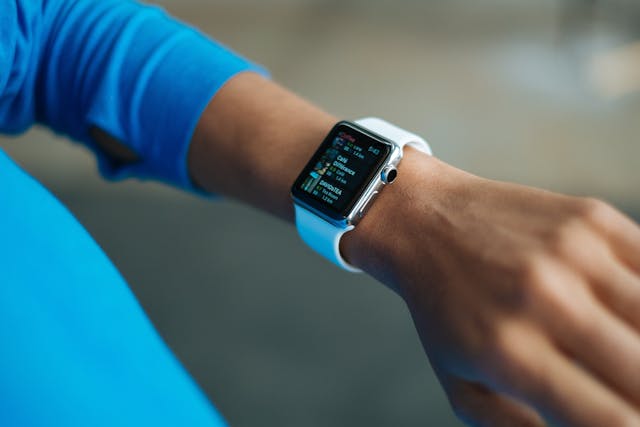
Kennedy went on to tell Congress that HHS is prepared to invest in widespread education and messaging. He hopes to turn wearables into a massive public movement rather than a personal health decision. Part of his campaign is to make people more aware of the benefits that come with using wearable devices. It’s not just about counting steps, but about monitoring things such as sleep apnea and blood pressure. They can even indicate the early signs of a viral infection.
Will it Work For Everyone?

So, the idea is to move away from occasionally seeing a doctor for a check-up to a consistent self-monitoring system. However, there are concerns over whether people in rural or marginalized communities will be able to access or afford this technology. In order to truly succeed, the campaign will need to overcome many barriers, such as cost and accessibility. There have also been no large-scale studies that prove that wearable gadgets improve people’s lifestyles. Some studies have even shown that many wearables are not nearly accurate enough to provide useful information.
Fears over Wearable Gadgets

Some critics have noted that self-diagnosis or treatment based solely on wearable data can lead to issues. Wearable devices are by no means a one-size-fits-all solution, and not everyone will want to wear them. There are also concerns about risks such as data breaches. These wearable devices are able to collect a wide range of personal health metrics. The data is often stored in the cloud, which makes it accessible to advertisers and even potentially hackers. Critics have warned that current legal safeguards are insufficient to prevent the potential exploitation of this information for nefarious purposes.
Benefits of Using Wearable Gadgets

Researchers have noted that the most obvious benefit is in the form of a motivation to change behaviours. One study conducted in 2022 found that wearing such a device make patients deel empowered and that self-monitoring encouraged changed lifestyle behaviors. For example, if you have set a goal to walk 10,000 steps in a day, yet you have only walked 5,000, you are more likely to be encourage to try reach your goal. Research has shown that physically active people are less likely to develop conditions such as obesity and high blood pressure.
Hurdles of Getting People To Use the Tech
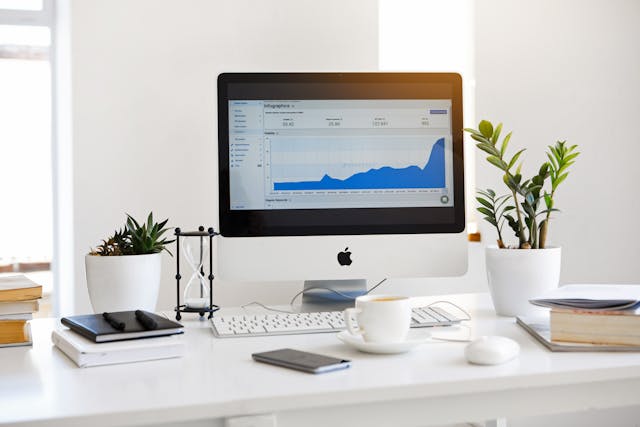
Many people have their reserves about embracing this technology. According to one study, a potential risk is that the data could be used to deny insurance to wearers. Since these wearable devices collect health information, there is a chance that insurance companies could use your data to increase costs. Others have noted that not everyone needs to necessarily wear a device. It really depends on the condition of the patient and what they hope to achieve.
The Bottom Line
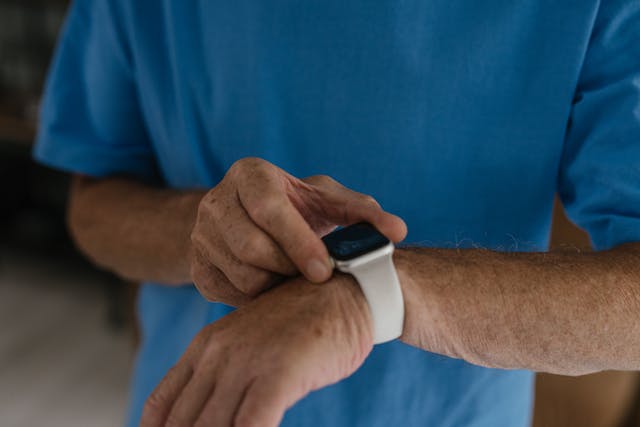
Robert F. Kennedy Jr.’s hope for a nation equipped with wearable devices may offer benefits in terms of individual health. However, this subject has brought up important questions about the users’ privacy, accessibility for poorer communties, and the technology’s effectiveness. Without addressing these questions, what some see as a potential health revolution could be percieved by others as invasive surveillance. While people may wish to keep track of their health data, they are not so keen of institutions such as governments and insurance comapnies doing the same.
Read More: RFK Jr.’s Vaccine Panel Votes to Eliminate Mercury-Containing Flu Shots
